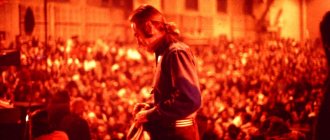Types of Political Power
- State power is a system of power relations that implements the functions of the state, based on the apparatus of coercion. It relies on a special apparatus of control and coercion . Has a monopoly right to issue laws and other regulations that are binding on everyone. Has a monopoly on the use of legitimate (supported, approved by the population) violence .
- Public power - party, trade union, media) - is exercised by organizations primarily through informal influence on public opinion
By the breadth of power:
- international organizations (mega level),
- central bodies of the state (macro level),
- regional organizations (meso level),
- power in primary organizations and small groups (micro level).
The main features of political power:
- Publicity - decisions of political power are binding for all people and for all types of power
- Universality - political power is exercised on the basis of law on behalf of all people
- Legality of the use of force - enshrined in laws and the Constitution to use force
- Monocentricity - political power can have only one decision-making center.
- Institutionality – the presence of special authorities, political institutions
- Regulation - certainty of power by traditions, law
Types of legitimacy:
- Traditional legitimacy is based on traditions, belief in the inviolability and sacredness of existing orders.
- Charismatic legitimacy is based on the belief in exceptional qualities, a miraculous gift, i.e. charisma, a leader who is sometimes even deified and a cult of his personality is created.
- Rational-legal (democratic) legitimacy is based on the legality of its formation, subordination not to the personality of the leader, but to the laws within which government representatives are elected and act.







